First of all, the type of tank used for storing water from the (mains) water supply is the same type that can be used for catching rain (rainwater harvesting). That is, there isn’t a tank used specifically for storing rain only, or a tank used for storing water only.
There are different types of water tanks made from different materials: poly, steel, fiber glass, and concrete. Any type can be used for storing rain water or scheme water - or use it to store both! Roof-collected rainwater and stored in rainwater tanks is a practice done for years and is now widely recognised as a valuable resource for properties to gain water security.
Rainwater tanks work by collecting rain from the roof of your house which serves as the water catchment area. From the roof, rain water moves towards the gutters, into the pipes, and into your rainwater tank where rain is stored for later use – a process called rainwater harvesting.
That being said...
Is it safe to mix scheme water with rain water for human consumption?
Rainwater in rural areas contain less chemicals, which is why rural properties that aren’t connected to a reticulated water supply rely on rainwater as an alternative to scheme water. In rural areas where scheme water is available, it is typically safe to supplement scheme water supply with rain water particularly when rainfall is down.
When might it not be safe to mix rainwater and scheme water?
Rain water in major urban or industrial areas is different. It may contain more chemicals, airborne contaminants and other pollutants. In these areas, it is not recommended to use rain water for drinking as the reticulated water supply available is much more reliable and safe than the quality of rain water.
How do you preserve the integrity of rain water?
Even if you mix scheme water with rain water, it is still necessary to incorporate a risk management plan to make sure your rain water is safe for human consumption.
Download this Free Report

Some general guidelines around maintaining good quality rainwater:
-
Incorporate a gutter guard system.
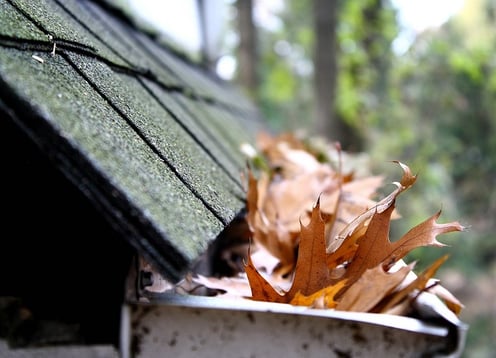
Remove debris from gutters to prevent blockage and stagnant water which can become breeding ground for mosquitoes.
2. Place rain heads over your downpipes to separate the flow of water from any debris.
This also helps keep mosquitoes out of your downpipes.
3. Divert the first flush with first flush diverters.
First flush diverters work by preventing the initial volume of rainwater from entering your tank. Evidence suggests that the first volume of rain water that makes contact with your roof may contain a higher amount of dirt such as animal droppings, dust, and other debris.
4. Insect proof your tank, pipe openings, overflow outlets, and inlets.
5. Observe regular maintenance by desludging your water tank approximately every 2 to 3 years.
See related article:
Cleaning Sludge Out of Your Water Tank
What are the most common methods of treating rainwater?
-
Disinfection
Done by chlorination, ultraviolet light irradiation or boiling.
-
Filtration
The preferred method to prevent contamination of rainwater is through disinfection. When it comes to maintaining chemical, physical, or microbial quality of rainwater, disinfection should be implemented rather than relying on filters.
However, if water filters are installed, you should ensure that they are maintained according to the manufacturer’s guideline’s and specifications. This is extremely important to avoid health problems.
Now that you have an idea about how to optimise your rainwater so that it’s safe for drinking, what measures will you take to make the most out of free rainwater?



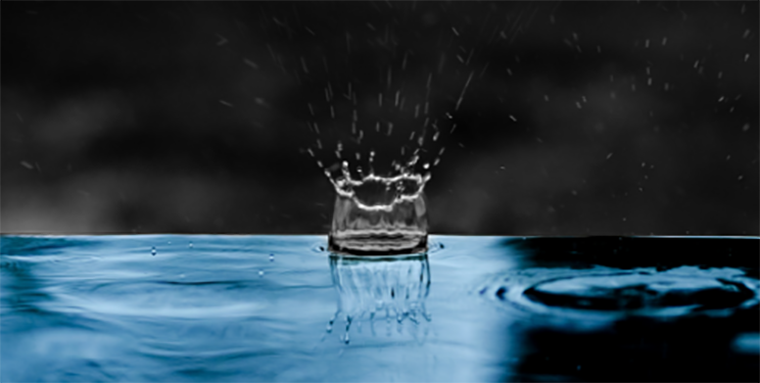


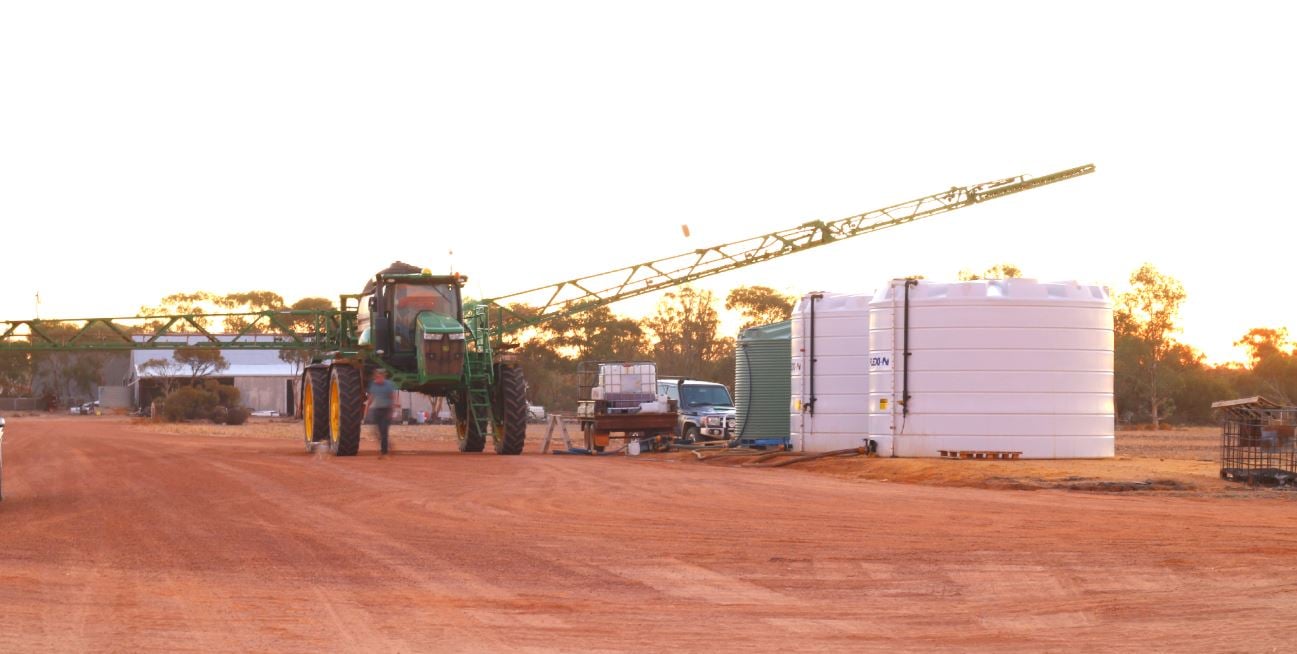
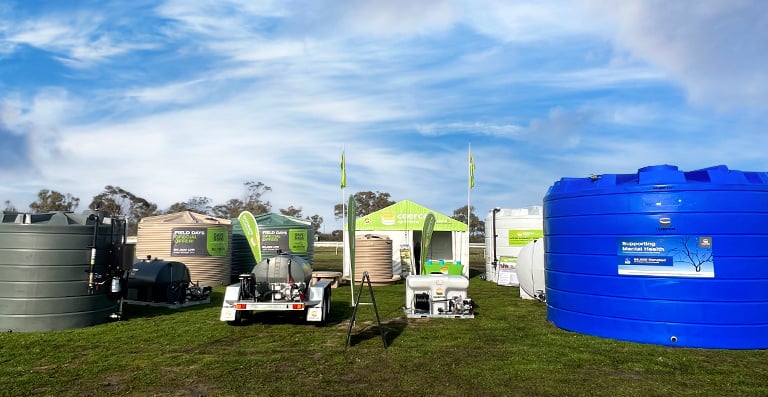
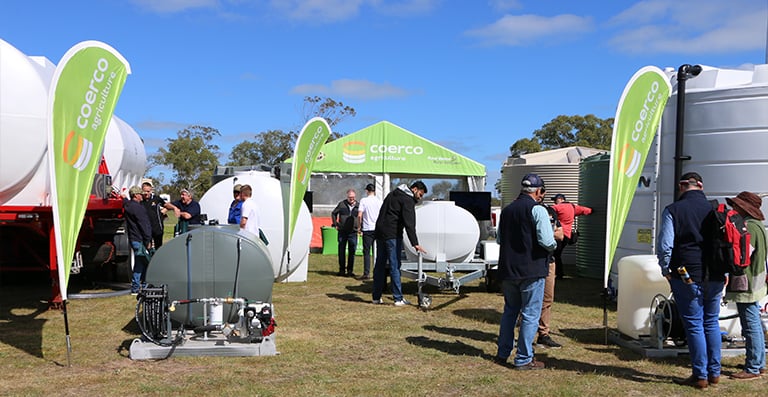
What do you think about this post?
Comments